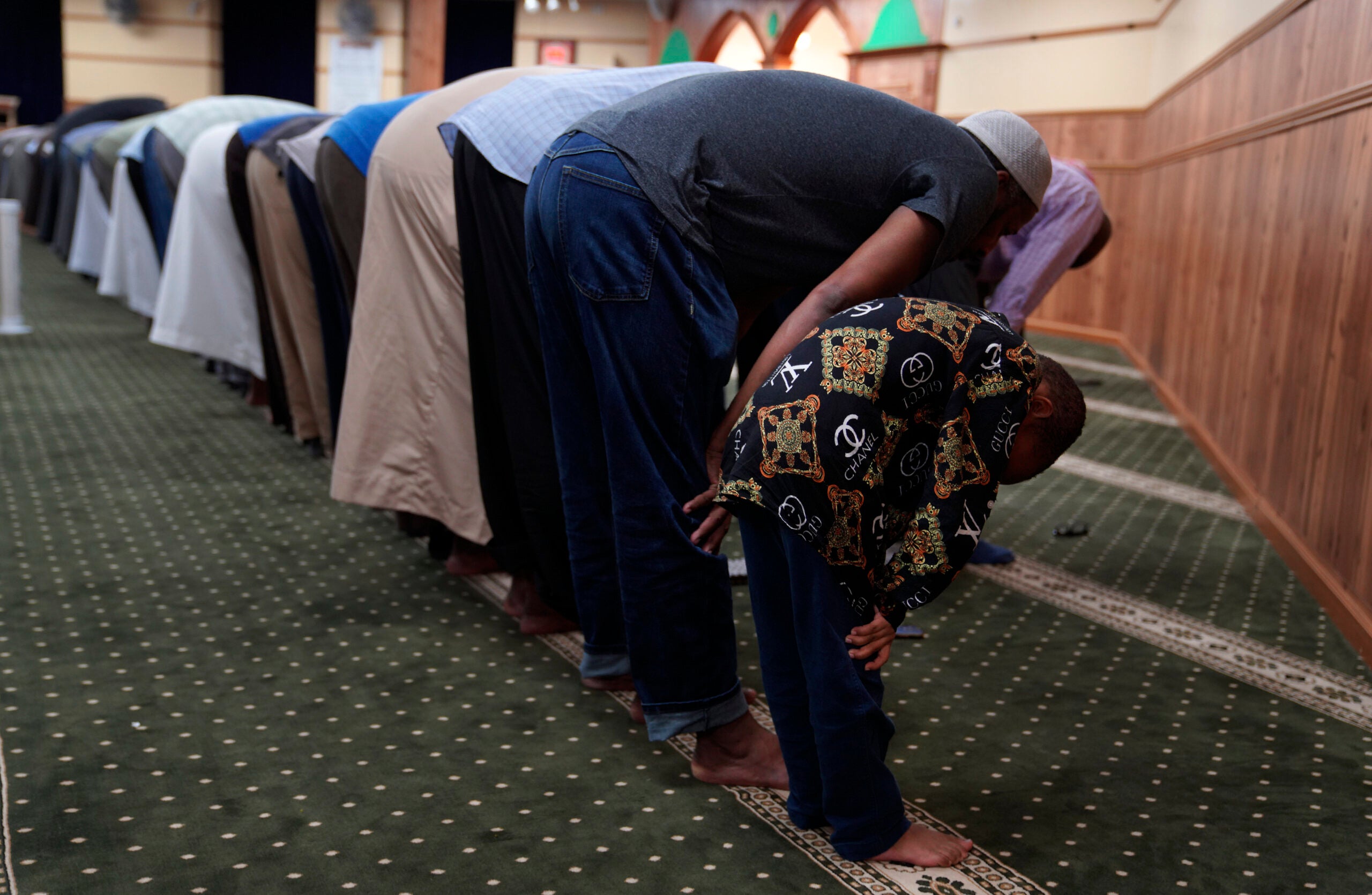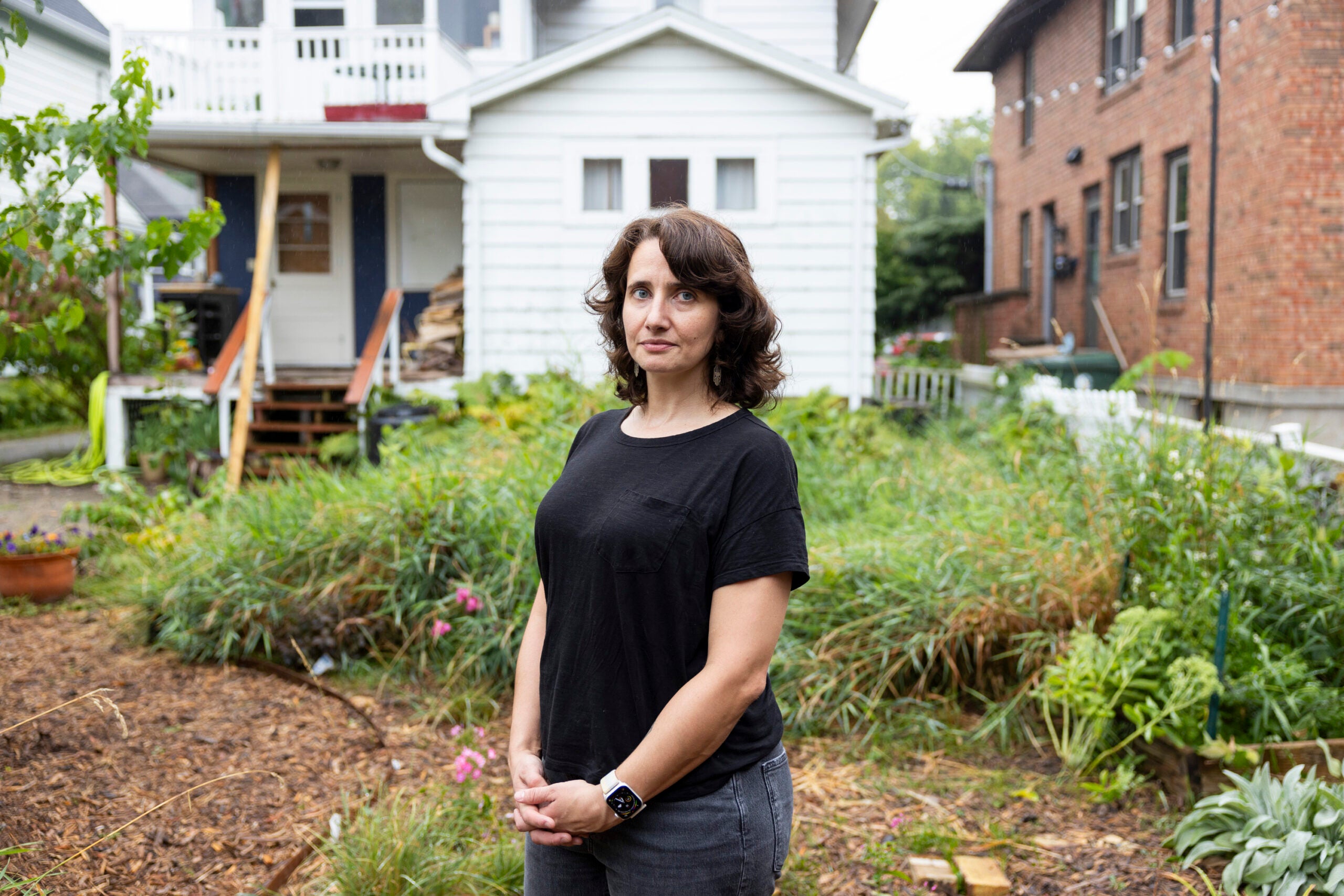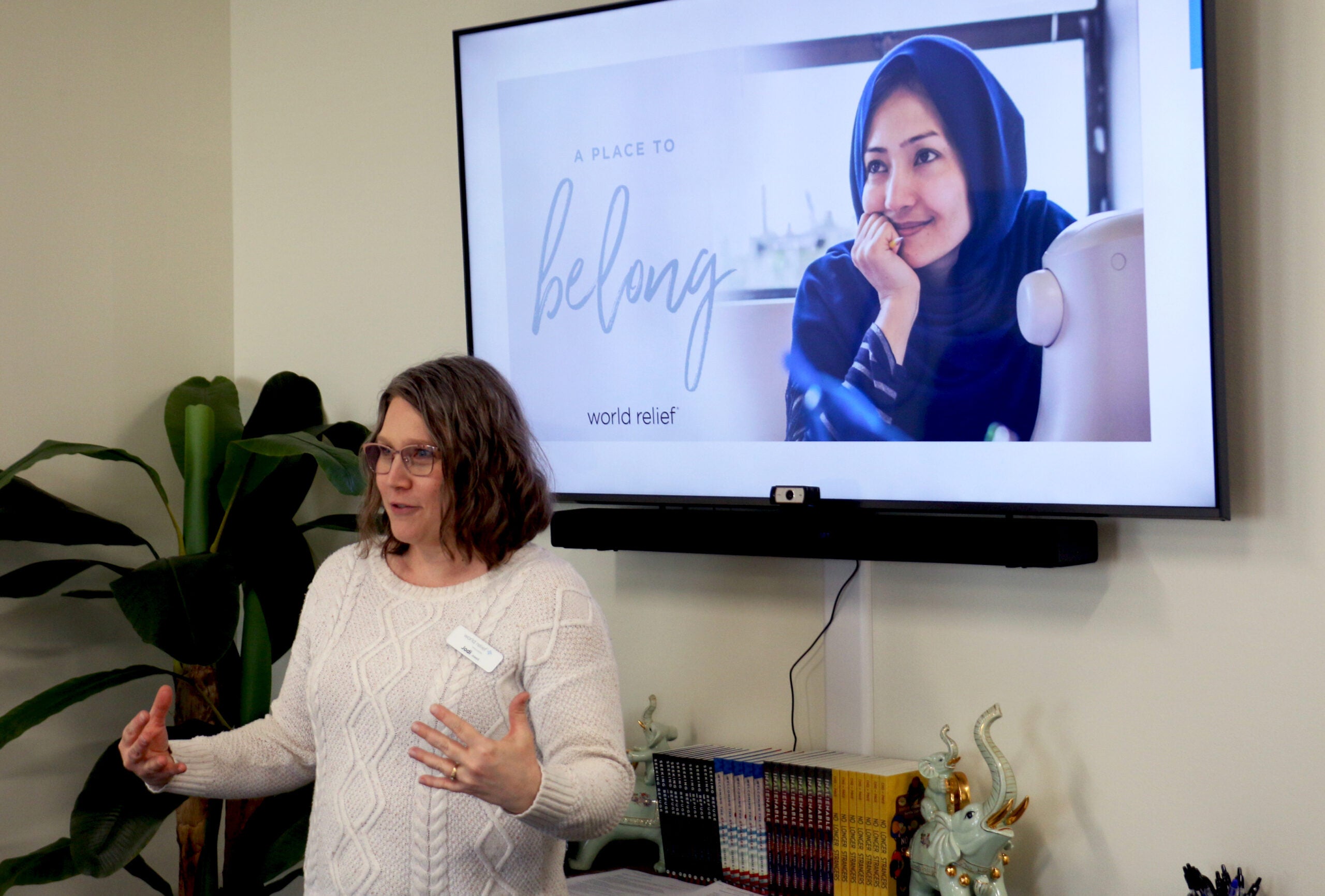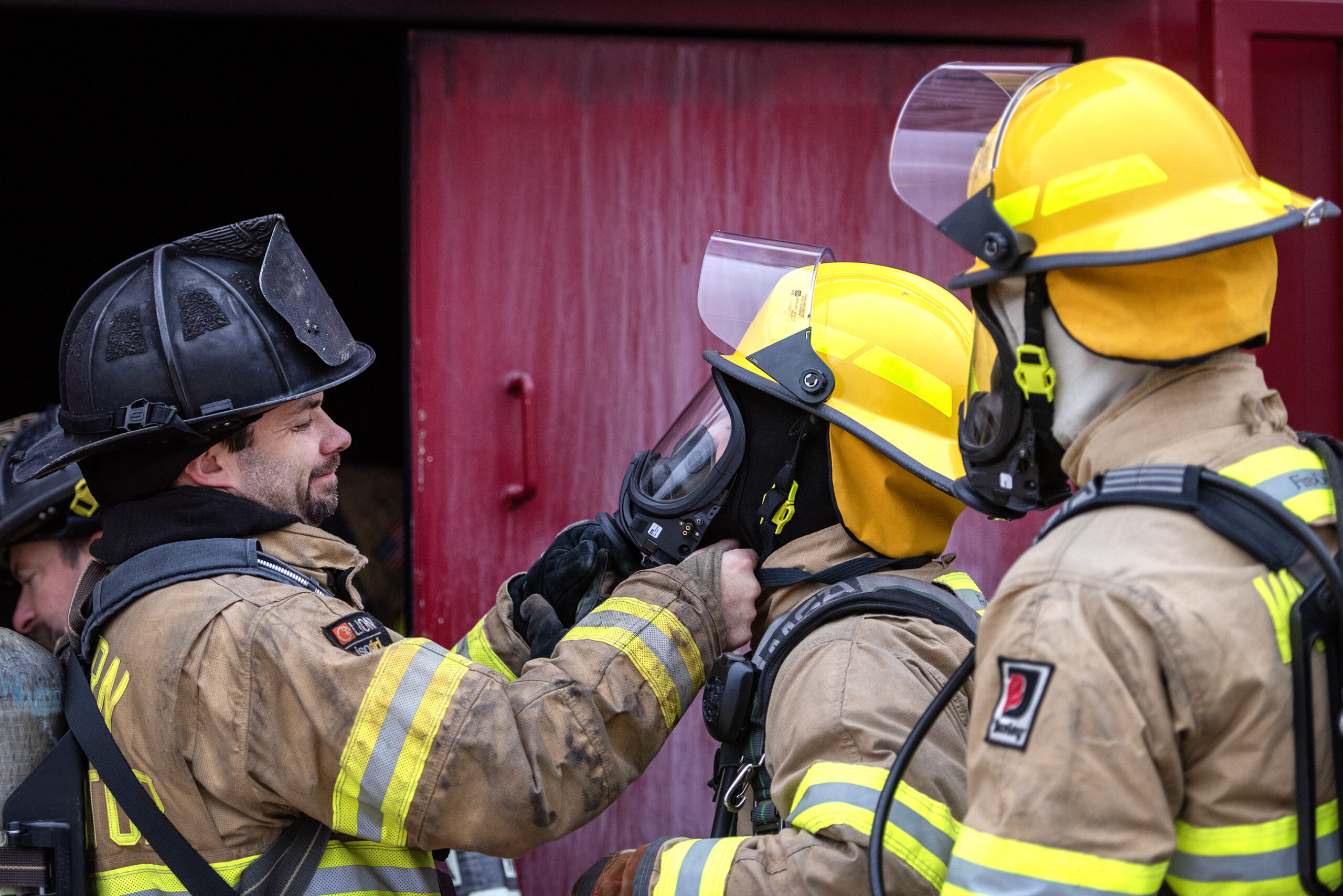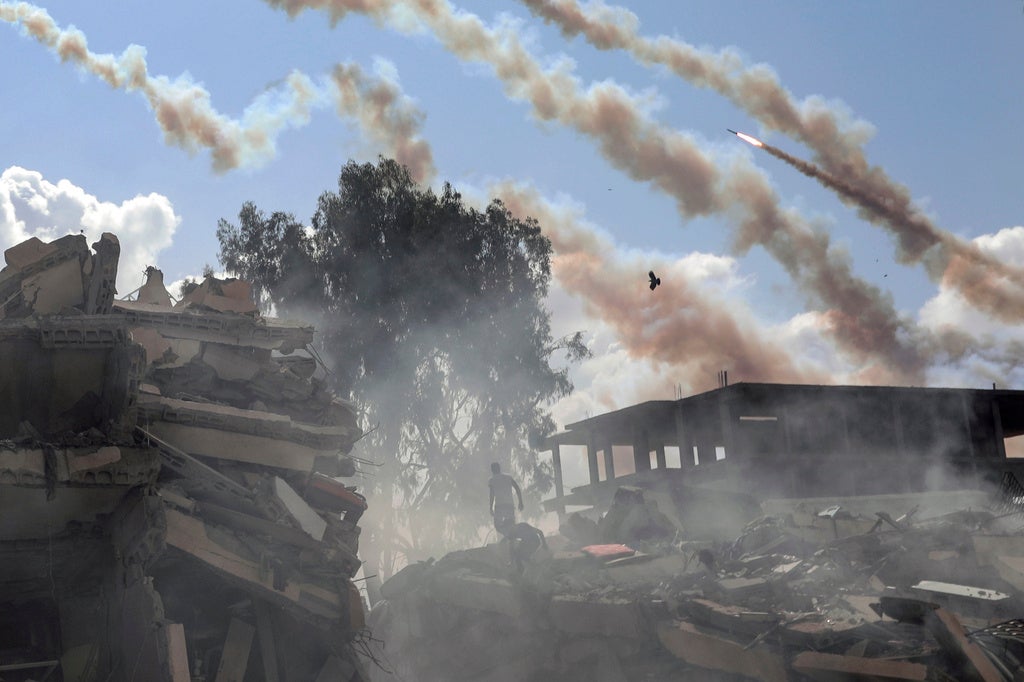Somali residents in the rural northern Wisconsin city of Barron are withdrawing a request to play an amplified Muslim call to prayer from two mosques after the idea drew stiff opposition from some residents at a recent city council meeting.
Barron is home to a community of around 470 Somali refugees and their families, according to 2020 data from the U.S. Census. That population has grown since the 1990s when refugees living in the Twin Cities moved to Barron for work at a turkey processing plant owned by Jennie-O.
Isaak Mohamed was born in Somalia and fled the country in 2006 due to civil war. He moved to Barron in 2013, became a U.S. citizen in 2018 and was elected to the city’s common council this spring.
News with a little more humanity
WPR’s “Wisconsin Today” newsletter keeps you connected to the state you love without feeling overwhelmed. No paywall. No agenda. No corporate filter.
He told Wisconsin Public Radio that residents within Barron’s Somali-born population asked him if it would be possible for the two mosques in the city to play an amplified call to prayer, as is common in countries with Muslim majorities.
The issue was brought to the council in September and October. Mohamed said he asked for it to be part of the council’s agenda this month. At the Nov. 15 meeting, a public comment period was held on the Muslim call to prayer request. There were 14 speakers and all were opposed.
An account from the Barron News-Shield said multiple speakers voiced concerns about the call to prayer triggering PTSD in veterans who served in Muslim countries. Another said they were against the mosques trying to indoctrinate youth who aren’t Muslim. One man equated it to breaking into a mosque and preaching from the Bible. The city’s police chief had to warn members of the public who became disruptive as when Mohamed was speaking, according to the newspaper.
“The Barron locals showed up, you know, talking about negative things, saying, ‘Go back to Somalia if you want to practice religion or worship,”’ Mohamed said. “I mean, that was very offensive to me and to the community that I represent, that I am a voice for because we are Americans.”
This spring, Minneapolis became the first major city in the United States to allow the Muslim call to prayer, also known as the adhan, to be broadcast publicly at two dozen mosques.
Mohamed said the call to prayer is simply meant to remind busy people to pray.
“It’s part of the worship,” he said. “It’s not different than the church bells.”
After talking with social and religious leaders within Barron’s Somali population, Mohamed said an agreement was made to pull back the call to prayer request.
“America is the best example of religious freedom as a destination,” Mohamed said. “But we do not wish to be the target of trouble or conflict, especially here in Barron.”
Mohamed said pausing the request doesn’t mean those who spoke out against the idea and made offensive comments about Somali residents are winning.
“But we are stopping because I care about this community,” Mohamed said.
Wisconsin Public Radio, © Copyright 2025, Board of Regents of the University of Wisconsin System and Wisconsin Educational Communications Board.

